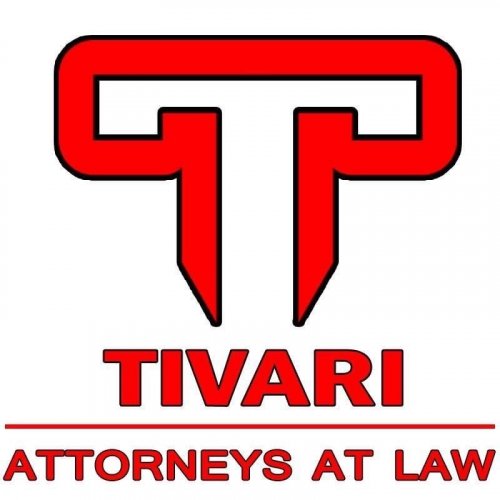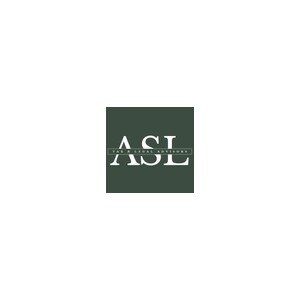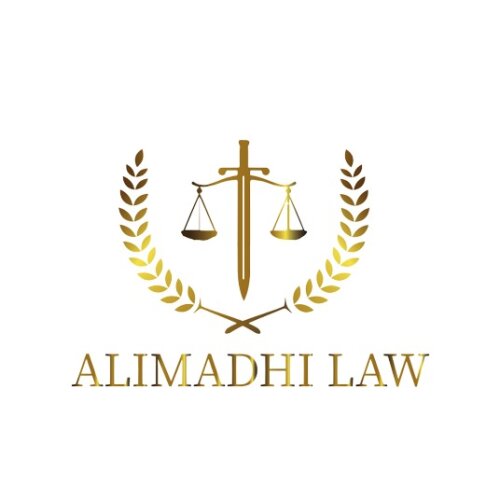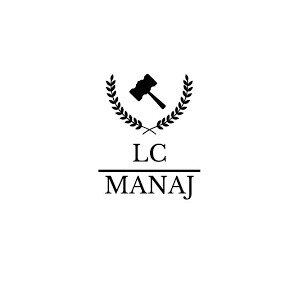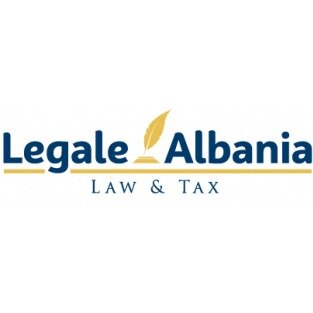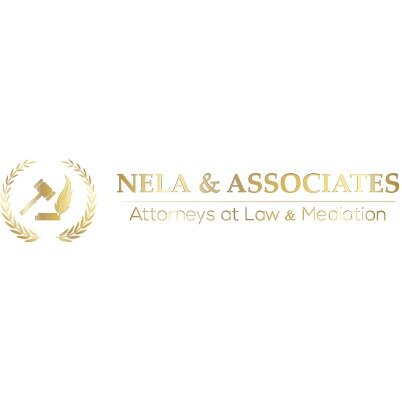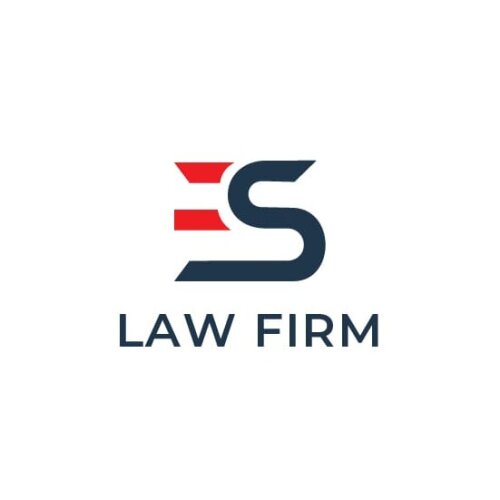Best Disability Lawyers in Tirana
Share your needs with us, get contacted by law firms.
Free. Takes 2 min.
List of the best lawyers in Tirana, Albania
About Disability Law in Tirana, Albania
Disability law in Tirana, Albania, focuses on protecting the rights and ensuring the dignity of individuals with disabilities. It encompasses regulations that promote accessibility, non-discrimination, and equal opportunities in public life, including education, employment, and healthcare. The aim is to foster an inclusive society where people with disabilities can participate fully and independently.
Why You May Need a Lawyer
There are several scenarios where legal assistance may be necessary for individuals with disabilities or their families. Common situations include navigating employment discrimination, gaining access to public facilities and services, securing social benefits or pensions, advocating for education rights, and addressing instances of abuse or neglect. A lawyer specializing in disability law can help ensure these rights are upheld and can provide guidance through the complex legal landscape.
Local Laws Overview
Tirana has implemented various laws and policies to support people with disabilities. Key aspects include anti-discrimination measures, requirements for building accessibility, and provisions for inclusive education. Albania has also ratified international treaties, such as the UN Convention on the Rights of Persons with Disabilities (CRPD), which further influences local legislation by promoting rights like autonomy, social inclusion, and equality.
Frequently Asked Questions
What is the definition of disability under Albanian law?
Disability in Albanian law refers to the long-term physical, mental, intellectual, or sensory impairments which in interaction with various barriers may hinder full participation in society.
Are there employment protections for people with disabilities?
Yes, Albanian legislation prohibits discrimination in employment based on disability and mandates that employers provide reasonable accommodations to ensure equal opportunities.
How does education for children with disabilities work?
The law requires that children with disabilities have access to inclusive education, with appropriate support and accommodations to meet their individual learning needs.
What accessibility measures are required in public spaces?
Public spaces in Tirana are required to be accessible, ensuring that buildings, transportation, and services can be used by individuals with disabilities.
How can one apply for disability benefits?
To apply for disability benefits, individuals need to submit a request with medical documentation to the local social services office, which will assess eligibility and benefit levels.
What should I do if I face discrimination due to my disability?
If you experience discrimination, it's advisable to document the incident and seek legal advice. Filing a complaint with relevant authorities, like the Commissioner for Protection from Discrimination, may also be appropriate.
Are there organizations that provide support for individuals with disabilities?
Yes, there are several non-governmental organizations and associations in Tirana that offer support and advocacy for individuals with disabilities and their families.
Can I appeal a decision on my disability benefits?
Yes, if you disagree with a decision regarding disability benefits, you have the right to appeal. Legal advice can be beneficial in navigating the appeals process.
How are benefits calculated for individuals with disabilities?
Benefits are typically calculated based on the degree of disability and the individual's specific circumstances, following an assessment by the social services office.
What legal recourse exists for addressing abuse of individuals with disabilities?
Legal measures are in place to protect individuals with disabilities from abuse and neglect. Reporting to law enforcement or seeking assistance from legal professionals or advocacy organizations is crucial.
Additional Resources
Those seeking further assistance may benefit from contacting the following resources:
- The Albanian National Association of Persons with Disabilities
- The Commissioner for Protection from Discrimination
- The Ministry of Health and Social Protection
- Local branches of international organizations such as Save the Children or Handicap International
Next Steps
If you need legal assistance with a disability issue in Tirana, consider the following steps:
- Document all relevant details and incidents related to your case.
- Research and select a lawyer specializing in disability law.
- Schedule a consultation to discuss your situation and legal options.
- Utilize local disability organizations for additional support and guidance.
Lawzana helps you find the best lawyers and law firms in Tirana through a curated and pre-screened list of qualified legal professionals. Our platform offers rankings and detailed profiles of attorneys and law firms, allowing you to compare based on practice areas, including Disability, experience, and client feedback.
Each profile includes a description of the firm's areas of practice, client reviews, team members and partners, year of establishment, spoken languages, office locations, contact information, social media presence, and any published articles or resources. Most firms on our platform speak English and are experienced in both local and international legal matters.
Get a quote from top-rated law firms in Tirana, Albania — quickly, securely, and without unnecessary hassle.
Disclaimer:
The information provided on this page is for general informational purposes only and does not constitute legal advice. While we strive to ensure the accuracy and relevance of the content, legal information may change over time, and interpretations of the law can vary. You should always consult with a qualified legal professional for advice specific to your situation.
We disclaim all liability for actions taken or not taken based on the content of this page. If you believe any information is incorrect or outdated, please contact us, and we will review and update it where appropriate.




